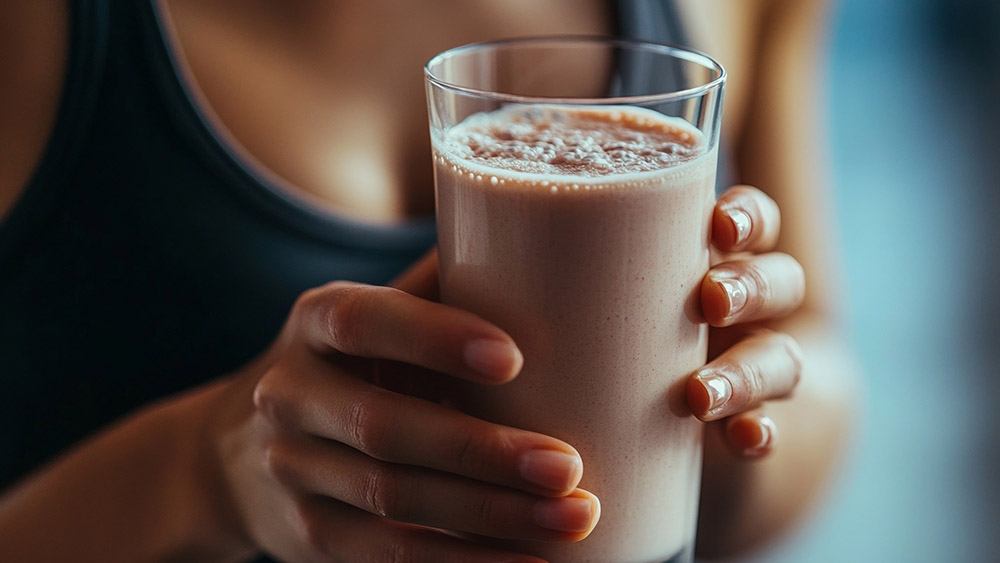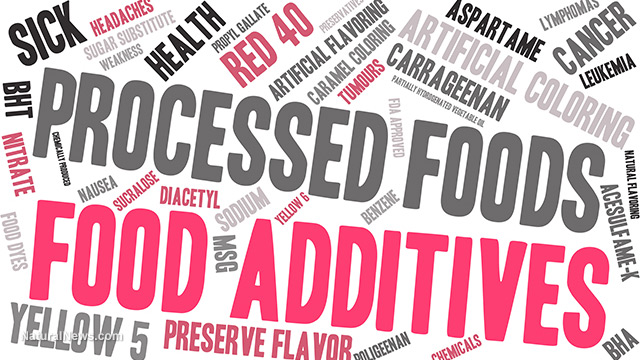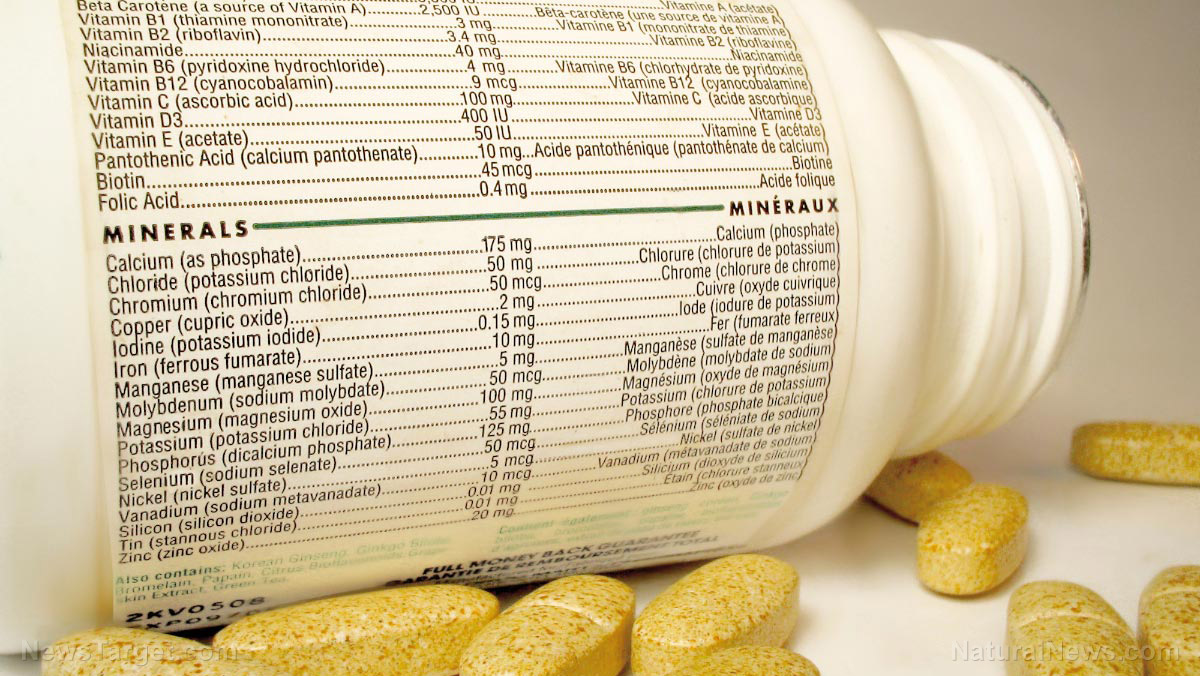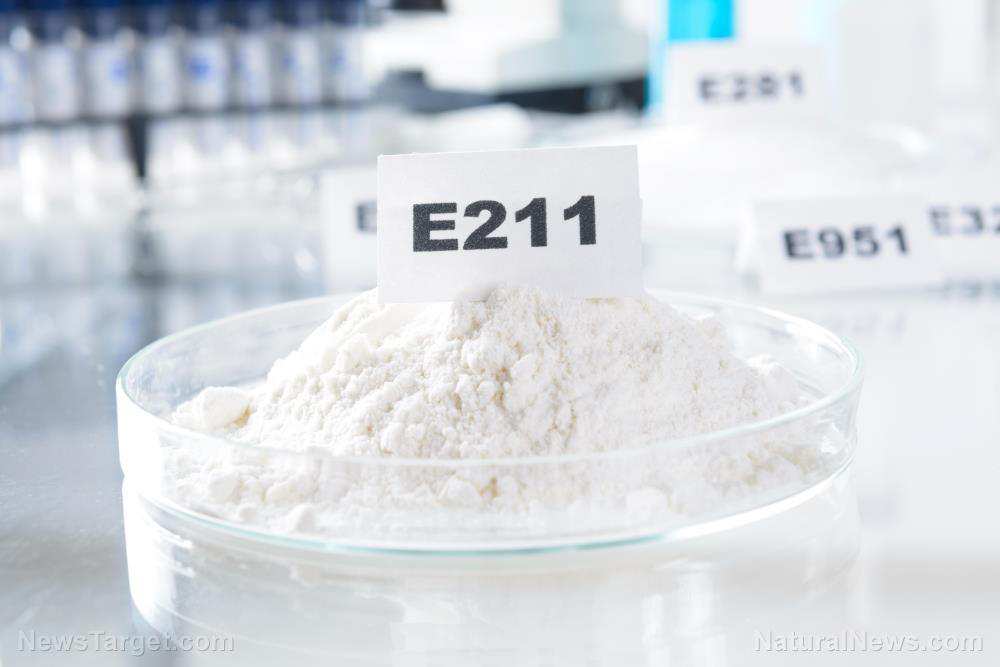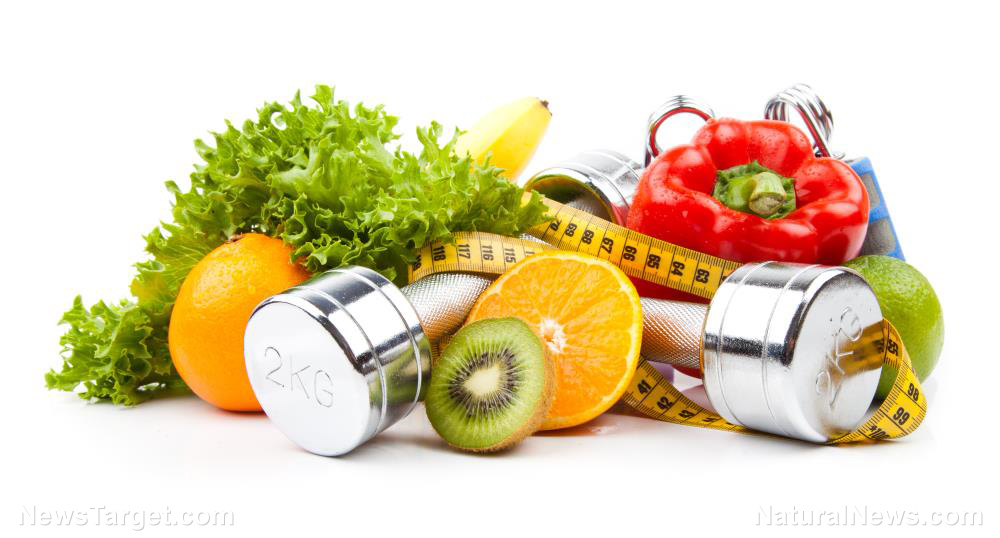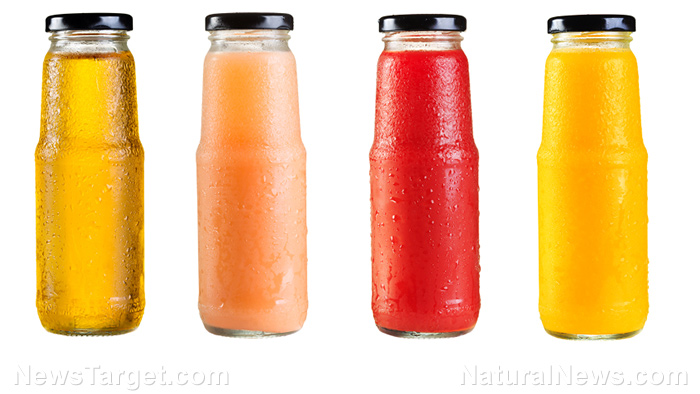Toxic heavy metals found in popular protein powders: Consumer Reports investigation
10/17/2025 / By Willow Tohi
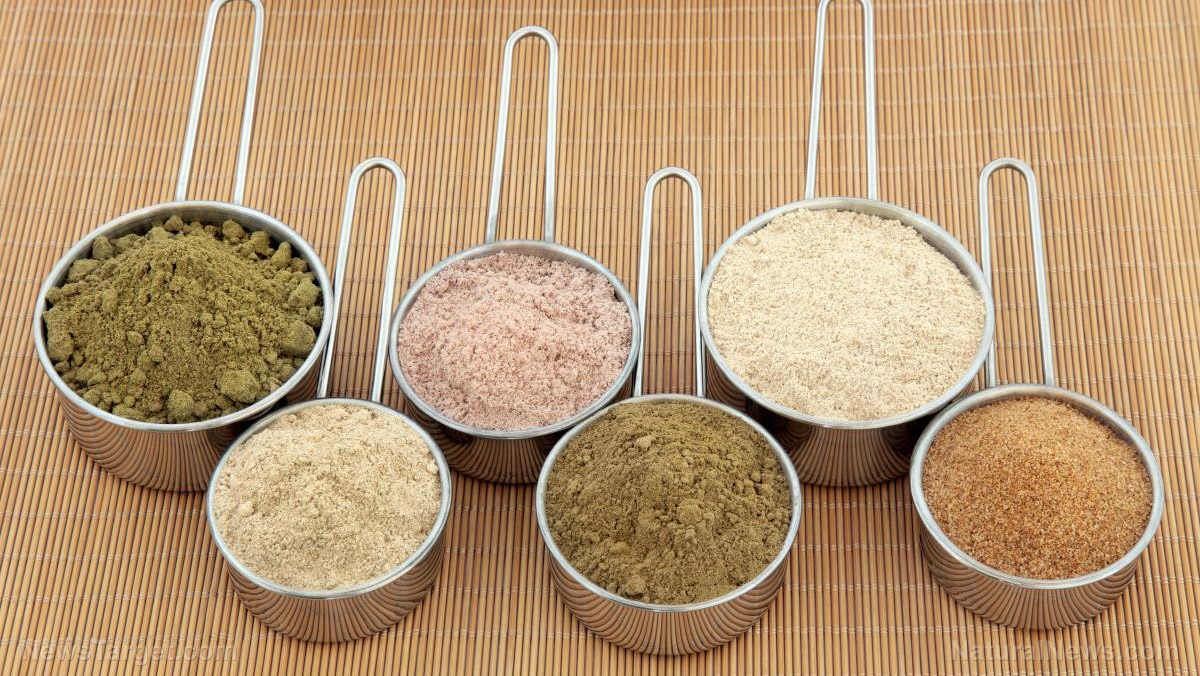
- 70% of tested protein powders exceeded safe lead levels, with plant-based products containing the highest contamination.
- Dairy-based proteins showed lower heavy metal levels, but half still exceeded safety thresholds.
- No enforceable FDA limits exist for heavy metals in supplements, leaving consumers unprotected.
- Cadmium and arsenic were also detected at unsafe levels in multiple products.
- Experts warn against daily use of contaminated powders, urging caution for vulnerable groups like children and pregnant women.
Millions of Americans—from bodybuilders and athletes to busy professionals, elderly individuals and health-conscious consumers—rely on protein powders and shakes as a convenient way to meet their nutritional needs. Industry estimates suggest that over 40% of U.S. adults regularly consume protein supplements, fueling a $25 billion global market. Yet, shocking new findings reveal that many of these products contain dangerous levels of arsenic, cadmium, lead and mercury—heavy metals linked to cancer, neurological damage and organ failure.
A Consumer Reports investigation tested 15 popular protein powders and drinks, uncovering that every single one contained measurable toxins, with some brands exceeding safety limits by over 1,500% per serving. Even more alarming, plant-based proteins—often marketed as “clean” alternatives—averaged nine times more lead than dairy-based options, exposing health-conscious consumers to the highest risks.
With no enforceable FDA limits for heavy metals in supplements, manufacturers operate in a regulatory gray zone, leaving millions unknowingly poisoning themselves daily. This report exposes the truth behind the protein powder industry—and how to protect yourself from its toxic deception.
The hidden danger in your protein shake
Protein powders and shakes, once niche supplements, have exploded into a multi-billion-dollar industry, marketed as essential for fitness, weight loss and overall health. Yet, a new investigation by Consumer Reports (CR) reveals a disturbing trend: many popular protein products contain alarming levels of toxic heavy metals, particularly lead, cadmium and arsenic—substances linked to neurological damage, cancer and organ failure.
CR tested 23 top-selling protein powders and shakes, including dairy, beef and plant-based options, and found that more than two-thirds exceeded safe lead levels—some by over 1,500% per serving. Worse, average lead contamination has increased since CR’s last investigation 15 years ago, raising concerns that industry growth has outpaced safety oversight.
Unlike pharmaceuticals, supplements face no FDA pre-market testing, allowing manufacturers to sell products with undisclosed contaminants. Despite CR’s findings, companies like Naked Nutrition and Huel defended their products, claiming compliance with existing (but weak) regulations. Meanwhile, experts warn that chronic exposure—even at low doses—can accumulate in bones and organs, posing long-term risks.
Why plant-based proteins are the worst offenders
Plant-based protein powders averaged nine times more lead than dairy-based products, with some brands like Naked Nutrition’s Vegan Mass Gainer and Huel’s Black Edition containing 1,570% and 1,290% of CR’s daily safety limit, respectively.
How does this happen? Heavy metals like lead naturally occur in soil, but industrial pollution, pesticide runoff and contaminated water increase absorption by crops. Since plant proteins rely on concentrated extracts (pea, rice, soy), contaminants accumulate during processing.
By contrast, whey and egg-based proteins showed lower contamination—yet half still exceeded safe lead levels, proving no category is entirely risk-free.
Regulatory failure: Why the FDA isn’t protecting you
The FDA has no enforceable limits for heavy metals in supplements, relying instead on voluntary industry standards. While the agency can act if contamination is “unavoidable,” enforcement is rare—only reacting after harm is proven.
CR’s Brian Ronholm criticized this gap:
“The FDA can take action if it finds unsafe lead levels, but the lack of enforceable standards means it doesn’t happen nearly enough.”
Earlier this year, the FDA finally set limits for lead in baby food—yet adult supplements remain unregulated, leaving consumers to self-police.
How to protect yourself
- Limit daily use – Experts say most Americans don’t need extra protein. Whole foods (meat, eggs, legumes) are safer.
- Choose lower-risk options – CR identified 7 safer powders, including Owyn Pro Elite and BSN Syntha-6.
- Demand stronger regulations – CR launched a petition urging the FDA to set strict heavy metal limits.
- Test your levels – If consuming protein powders regularly, consider heavy metal detox protocols (glutathione boosters, chelation therapy).
Buyer beware in an unregulated market
The protein powder industry thrives on health hype, yet CR’s findings expose a systemic failure in safety oversight. Until regulators act, consumers must research brands, demand transparency and minimize reliance on potentially toxic supplements.
As Harvard’s Dr. Pieter Cohen warns: “When you fortify your diet with supplements, you’re putting yourself at greater risk.”
Sources for this article include:
Submit a correction >>
Tagged Under:
dangerous, FDA, fitness, food safety, grocery, ingredients, Lead, protein powder, toxins
This article may contain statements that reflect the opinion of the author
RECENT NEWS & ARTICLES
COPYRIGHT © 2017 GROCERY NEWS

